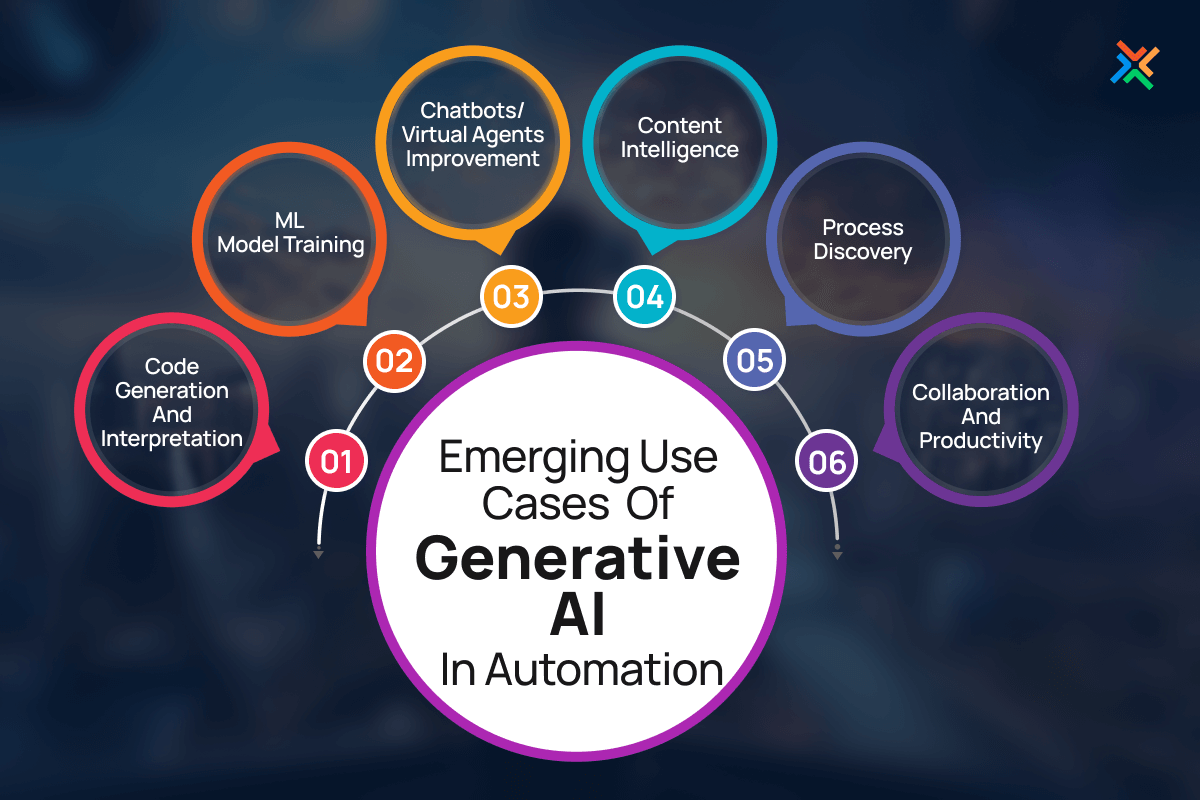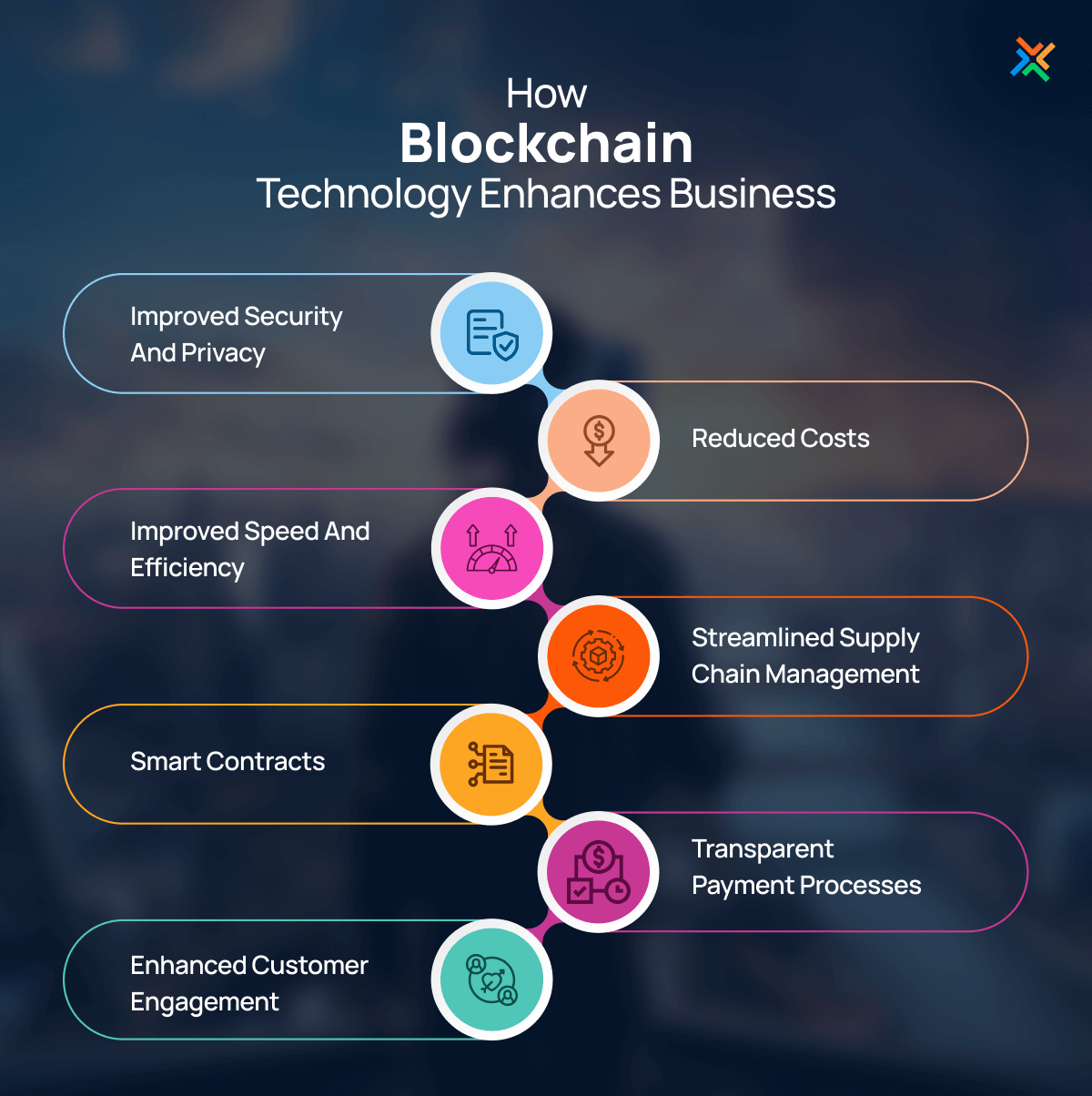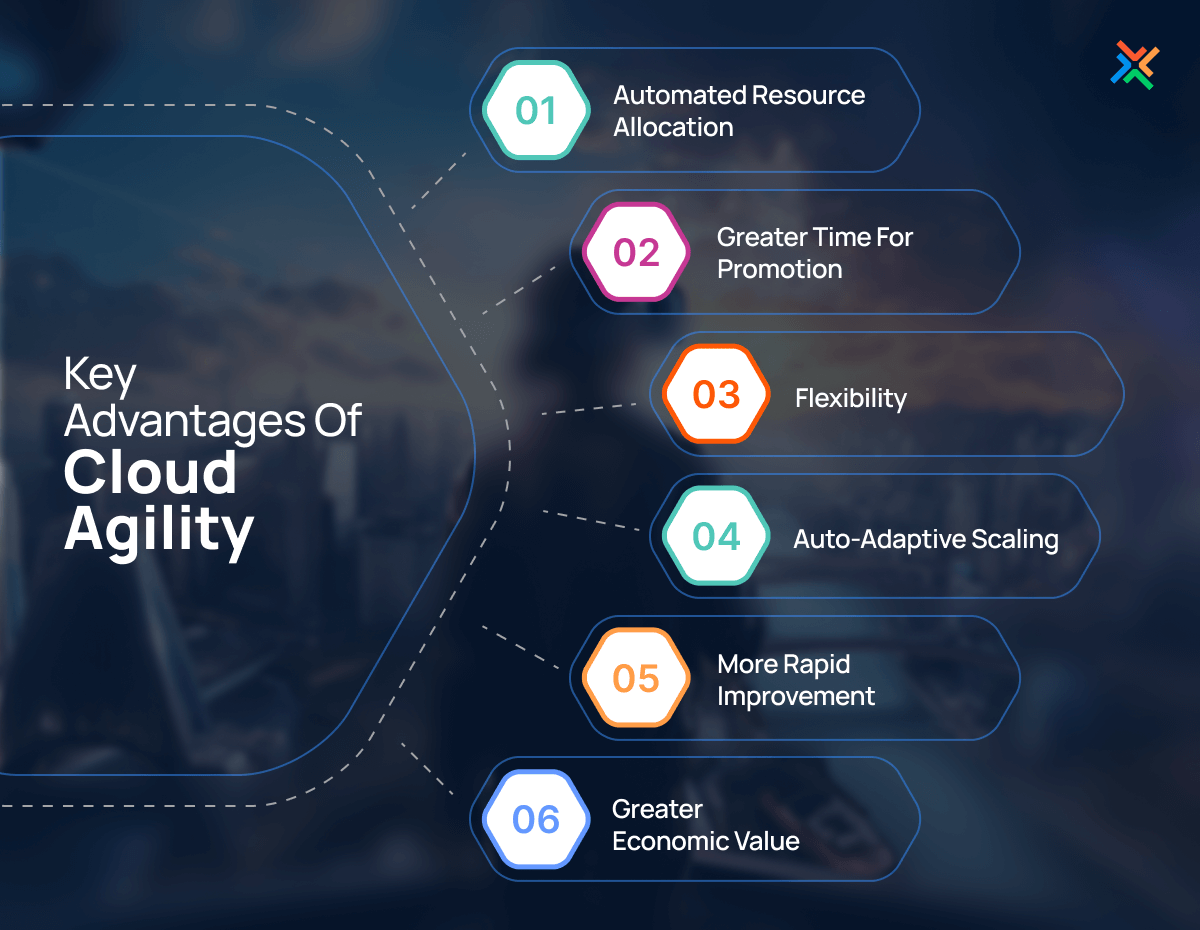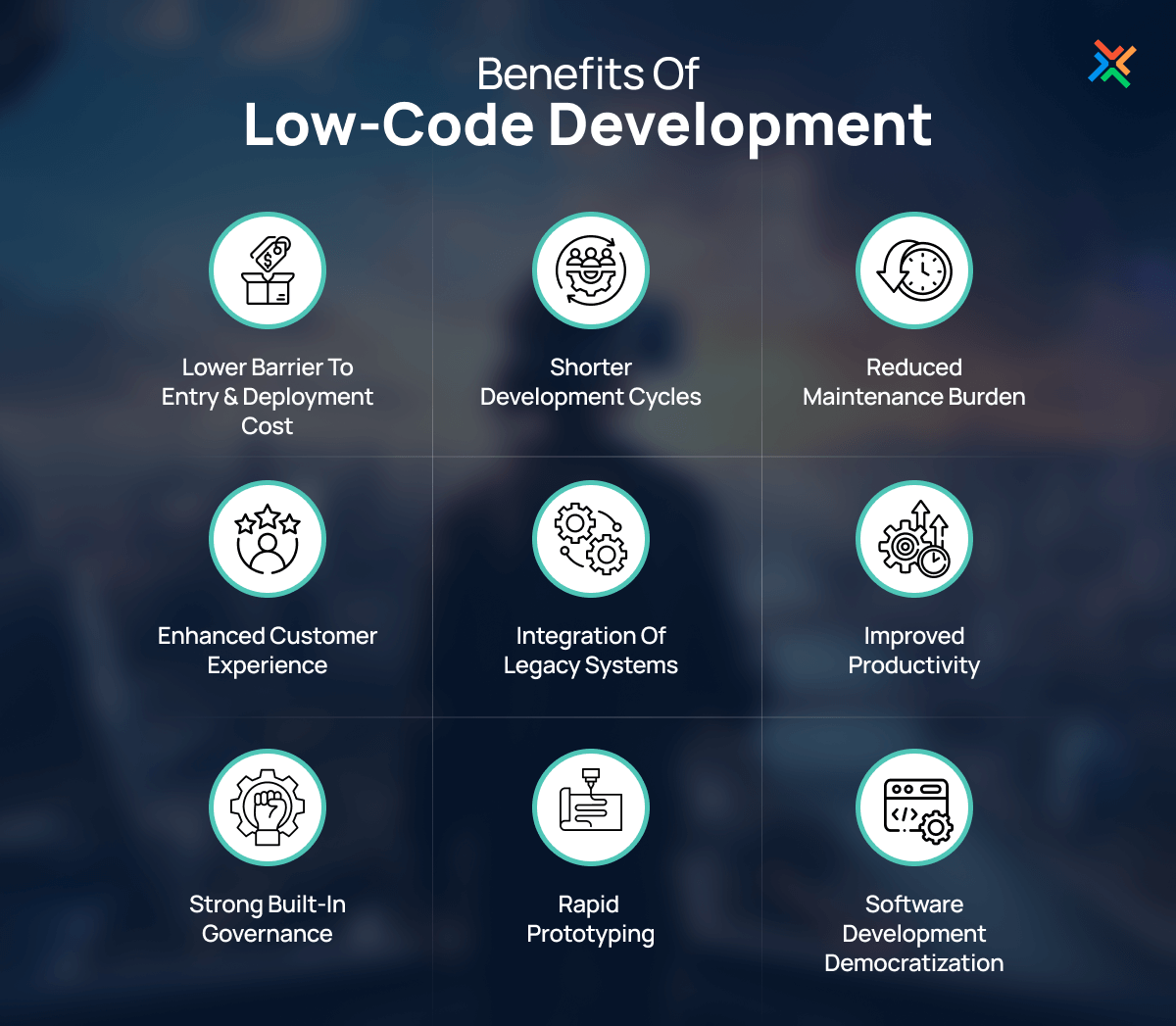Emerging Tech Trends in the Middle East: Opportunities for Businesses in 2024
July 04, 2024

Vivek Adatia
.png?w=1920&q=75)
The Middle East and North Africa (MENA) region is rapidly emerging as a global technology hub. IT spending in the region is expected to reach a staggering $193.7 billion in 2024, a significant 5.2% increase from the previous year, according to the latest forecast by Gartner, Inc. This growth, while slightly slower than the 6.6% observed in 2023, underscores the region's commitment to investing in technology and innovation.
Countries in the region, such as Saudi Arabia, the United Arab Emirates (UAE), Qatar, and Bahrain, have set their sights on becoming world leaders in the technology sector. Saudi Arabia's Vision 2030 plan aims to diversify the economy and reduce its dependence on oil, with a focus on becoming a global leader in technology. Similarly, the UAE's Vision 2021 plan focuses on developing a sustainable and diversified economy, with an emphasis on technology and innovation. Furthermore, the Middle East defied global trends by attracting more inbound tech foreign direct investment (FDI) projects in 2023 compared to the previous year. According to data from fDi Markets, the region recorded 400 tech FDI projects in 2023, a slight increase from 384 projects in 2022. In contrast, tech FDI projects declined by 40% globally during the same period.
This paints a clear picture – the MENA region is adopting technology at a rapid pace. This rapid adoption presents a unique opportunity for businesses of all sizes. By strategically integrating emerging tech trends into their operations, companies can tap into a wide range of benefits – from increased efficiency and productivity to improved customer experiences and a competitive edge.
So let’s explore the emerging tech trends shaping the future of the Middle East's technology sector, providing insights and inspiration for businesses looking to tap into innovation, build trust, and engineer a tech-forward future.
Intelligent Automation with AI and Generative AI
AI development services in the UAE are rapidly reinventing businesses in the Middle East. According to a PwC report, AI (Artificial Intelligence) could add up to $32o billion to the region’s GDP by 2030 through productivity gains and new product innovations. Governments in the Gulf Cooperation Council (GCC) have made substantial investments in AI, with initiatives like the UAE's AI Strategy 2031 and Saudi Arabia's National Strategy for Data & AI.
One of the most disruptive AI technologies is Generative AI. These systems are trained on large datasets to generate new content. Gen AI models like GPT-3 and DALL-E have captured the world’s attention with their ability to create human-like text and photorealistic images from simple prompts.
In the Middle East, businesses are already looking to harness generative AI. Advertising agencies are using these tools to generate creative content for campaigns, saving time and resources. Product design teams are optimizing their offering by rapidly iterating on the concepts generated by AI. Chatbots powered by generative AI are providing 24/7 customer support, improving user experiences.
However, the advent of AI also presents challenges. Automation could displace workers in certain industries, requiring reskilling and redeployment efforts. Ethical concerns around bias, privacy, and transparency must be addressed as AI systems become more pervasive. Businesses must tackle these issues while integrating AI strategically to drive growth and innovation.
To succeed with AI, organizations should focus on three key areas:
- Upskilling employees: Provide training on AI tools and encourage a culture of experimentation and continuous learning.
- Responsible AI governance: Develop policies and processes to make sure AI systems are transparent, accountable, and aligned with company values.
- Collaboration with AI providers: Partner with a reputable AI development company in the UAE that can provide guidance on best practices and help deploy solutions securely.
By adopting AI responsibly, Middle Eastern businesses can tap into intelligent automation to boost productivity, elevate customer experiences, and create new revenue streams. As the region continues its digital transformation journey, AI will be a critical facilitator of growth and competitiveness in the coming years.

Building Trust & Transparency with Blockchain
In the Middle East, blockchain is gaining traction across various sectors. The financial industry has been an early adopter, using blockchain to facilitate secure cross-border transactions and reduce settlement times. For example, the UAE's central bank has partnered with the Saudi Arabian Monetary Authority to develop a common digital currency based on blockchain technology.
Apart from finance, blockchain is also finding application in supply chain management in the region. By tracking the provenance of goods, blockchain helps combat the growing problem of counterfeit luxury products. Companies can use blockchain to verify the authenticity of items, providing customers with greater trust and transparency.
The inherent transparency of blockchain is a key driver of its adoption. Each transaction is recorded on the distributed ledger, which is visible to all participants. This eliminates the need for intermediaries and creates a single source of truth, reinforcing trust between businesses and their partners or customers.
However, the widespread adoption of blockchain app development services in the Middle East faces some challenges. Scalability issues, such as the limited transaction throughput of some blockchain networks, need to be addressed. Regulatory uncertainty around the use of blockchain and cryptocurrencies also remains a concern in the region.
To harness blockchain successfully, businesses in the Middle East should focus on identifying specific use cases that align with their strategic objectives. By partnering with experienced blockchain development companies and adopting responsible governance practices, organizations can take maximum advantage of this transformative technology to build trust, boost transparency, and drive innovation.

Driving Scalability & Agility with Cloud Platforms
Cloud platforms offer a range of services that allow businesses to scale their operations, develop new applications, and optimize processes. These platforms can be categorized into three main types:
- Infrastructure as a Service (IaaS): Provides virtualized computing resources, such as servers, storage, and networking, allowing businesses to scale their infrastructure on-demand without the need for physical hardware management.
- Platform as a Service (PaaS): Offers a platform for developing, testing, deploying, and managing applications, providing tools and frameworks for building cloud-native solutions.
- Software as a Service (SaaS): Delivers software applications over the internet, eliminating the need for on-premises installation and maintenance, and facilitating access from any device with an internet connection.
The Middle East has seen a growing demand for cloud and DevOps services, driven by the need for cost-effective and scalable solutions that support faster innovation cycles. According to a report by Gartner, the Mena region's public cloud services market is expected to reach $5.7 billion by 2025, growing at a CAGR of 19.9% from 2020 to 2025.
Businesses in the Middle East are utilizing cloud platforms to optimize operations and develop new applications. For example, Dubai-based logistics company Aramex has adopted Microsoft Azure to power its digital transformation, facilitating real-time tracking and improved customer experiences. Saudi Arabian Airlines (Saudia) has partnered with Oracle to implement cloud-based enterprise resource planning (ERP) and human capital management (HCM) solutions, improving operational efficiency and employee productivity.
By adopting cloud platforms, Middle Eastern businesses can gain a competitive advantage. These technologies allow organizations to adapt quickly to changing market conditions, launch new products and services faster, and optimize costs based on their needs.

Democratizing App Development with Low-Code Development
Traditionally, developing custom applications has been a complex and time-consuming process requiring a team of skilled programmers. However, low-code development platforms are changing the game in the Middle East by democratizing app development.
These platforms offer a user-friendly, drag-and-drop interface that allows businesses to build applications with minimal coding knowledge. This considerably reduces development time and empowers businesses to bridge the growing gap between their needs and available developer resources.
The Middle East is witnessing an increase in low-code adoption for several reasons. Firstly, it allows businesses to develop applications much faster, bringing their ideas to life quicker and seizing market opportunities before competitors. Secondly, low-code addresses the ongoing shortage of skilled programmers in the region. Citizen developers, individuals within a business with limited coding experience, can utilize these platforms to build basic applications, freeing up professional developers for more complex tasks.
It's important to acknowledge that low-code solutions have limitations. While offering a user-friendly approach, they may not be suitable for highly complex applications requiring extensive customization. However, for a vast array of business needs, Low-Code platforms offer a powerful and efficient solution.

Redefining Customer Experiences with AR/VR
Augmented Reality (AR) and Virtual Reality (VR) technologies are changing the way businesses engage with customers in the Middle East.
In the retail sector, AR is allowing customers to visualize products in their own space before making a purchase. Dubai-based furniture retailer Crate and Barrel has implemented an AR app that allows shoppers to see how a piece of furniture would look in their home, reducing the likelihood of returns and improving customer satisfaction.
The tourism industry is also utilizing AR/VR app development services in the UAE to provide immersive experiences. Visitors to Dubai can use VR headsets to explore the city's iconic landmarks, such as the Burj Khalifa and the Dubai Mall, without physically being there. This technology has the potential to attract more tourists and showcase the region's attractions to a wider audience.
Furthermore, companies in the Middle East are using VR to train employees in hazardous environments or situations that would be too costly or dangerous to replicate in the real world. For example, Saudi Aramco, the world's largest oil company, has implemented VR training simulations for its workers, allowing them to practice critical procedures and safety protocols without risking injury or damage to equipment.
The concept of the metaverse, a shared virtual space where people can interact, work, and play, is gaining traction in the region. Employees in the Middle East may soon be able to attend virtual meetings, participate in training sessions, and even socialize with colleagues in a fully immersive, 3D environment.
Despite the incredible potential, the widespread adoption of AR/VR technology in the Middle East will depend on factors such as infrastructure development, user acceptance, and regulatory frameworks. Businesses will need to invest in the necessary hardware, software, and skills to fully tap into its benefits and stay ahead of the curve.
Creating Smart Cities & Beyond with IoT Networks
In the Middle East, IoT is playing a crucial role in the development of smart cities. Dubai, for example, has implemented an IoT-based smart grid system that monitors and manages the city's electricity and water consumption. This system has helped reduce energy waste, improve efficiency, and provide real-time data to optimize resource allocation.
Another example of IoT in action is the use of environmental monitoring sensors in Abu Dhabi. These sensors collect data on air quality, water levels, and wildlife habitats, allowing authorities to make informed decisions about conservation efforts and respond quickly to potential environmental threats.
Moreover, connected homes, powered by IoT devices, offer personalized comfort, energy efficiency, and enhanced security. In the workplace, IoT-enabled systems can optimize workflows, improve asset management, and improve employee productivity.
However, the security challenges associated with these interconnected systems are also on the rise. The sheer number of IoT devices, often with limited security features, creates a larger attack surface that cybercriminals can exploit. Furthermore, the vast amounts of data generated by IoT systems can be vulnerable to breaches if not properly secured.
To address these concerns, organizations in the Middle East are implementing efficient security measures and best practices.
- Implementing strong authentication and access control mechanisms to prevent unauthorized access to IoT devices and networks.
- Regularly updating IoT devices with the latest security patches and firmware to address known vulnerabilities.
Employing end-to-end encryption to protect data transmitted between IoT devices and cloud platforms. - Conducting regular security audits and penetration testing to identify and address potential weaknesses in IoT systems.
- Educating employees and end-users on IoT security best practices, such as using strong passwords and reporting suspicious activity.
By prioritizing security and adopting best practices, businesses can optimally utilize IoT development services in the UAE to build a future of interconnectedness, efficiency, and sustainable growth.
Conclusion
Businesses in the Middle East are all set to reap the benefits of emerging trends in artificial intelligence, blockchain, cloud computing, low-code development, and immersive technologies.
By adopting these innovations, organizations can gain a competitive edge, optimize operations, improve customer experiences, and open up new avenues of growth and innovation. The region’s governments have demonstrated a strong commitment to digital transformation, creating a conducive environment for businesses to thrive.
Companies must act decisively to capitalize on these opportunities. Partnering with experienced providers, upskilling employees, and adopting responsible governance practices will be key to successfully integrating these technologies.
At WDCS, we offer a comprehensive suite of services to help businesses develop cutting-edge applications and solutions utilizing these emerging technologies. Our team of experts can guide you through every step, from strategy development to implementation so that you derive the maximum benefit from these innovative technologies. Contact us today to learn more about how we can support your digital transformation journey.
Explore how emerging tech can boost your business with WDCS Technology.
Emerging tech can transform your business. WDCS Technology helps you harness AI, Blockchain, IoT, and more to gain a competitive edge.